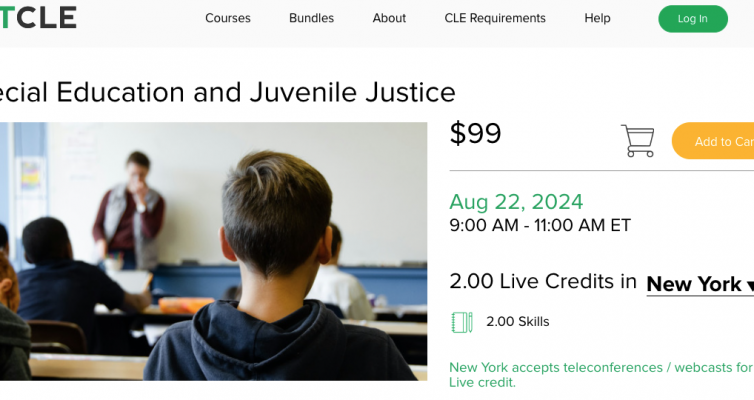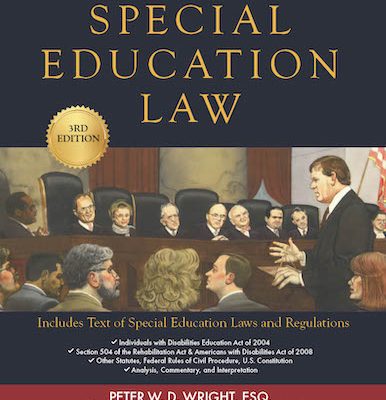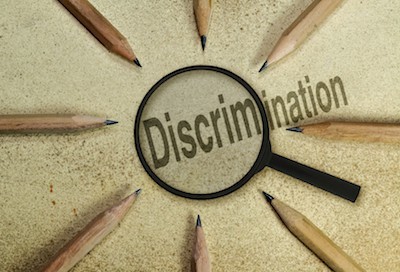Special Education and Juvenile Justice – TRT CLE with Pete Wright, Esq.
Featured

On Thursday, August 22, 2024, TRT CLE will sponsor a Live Zoom Telecast of Continuing Legal Education Credit for attorneys. Pete Wright, Esq. will present Special Education and Juvenile Justice. Continue Reading →










